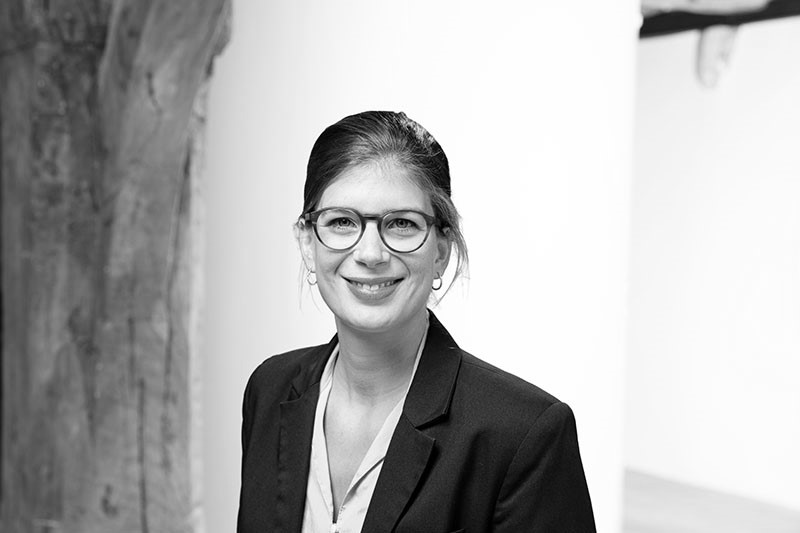UN workers remain often invisible to the non-UN world. Following a cultural anthropological perspective, this blog series offers insights into the everyday (working) life of early career professionals in Geneva.
In the UN, early career workers, many of them being ‘consultants’, agree to the flexible working conditions and uncertain outlook for their (professional) future. This trend challenges the ideal of UN workers keeping up with the “highest standards of efficiency, competence, and integrity“ as enshrined in Article 101(3) of the UN Charter.
Compared to their coworkers assigned as regular members of staff, UN consultants do not enjoy the many privileges and immunities defined in the Host State Act signed by the UN and its host country, Switzerland. Nevertheless, the prospect to change the world for the better when working as a UN consultant seems to gloss over the many issues linked to this employment situation. By signing a short-term contract, professionals who have already acquired expertise in the field of IC are able to prolong their career for a few months or even years while trying to become irreplaceable. At the same time, many young professionals, in turn, are eager to pursue a career in the aid or development industry at almost any price.
What are the logics behind? I claim that the early career workers’ tolerance towards the UN’s employment strategies are favored by the organization’s reputation and by practices linked to what has been labelled as cultures of doing good. This is perhaps best illustrated by a consultant’s statement in a CNN money report: “There is a tremendous amount of satisfaction.” The UN consultant talks about his situation with an enraptured smile on his face: “[…] A lot of the work that I have done over the past […] three to four years, has been focused on new projects that have been carved out of existing budgets or brought together with a range of different budgets to try something new and innovative.” The consultant describes the practices of quasi-artistic work that was needed to maintain the process of bettering the world and, ultimately, to guarantee his employment situation.
Social scientists coined this contemporary neoliberal market logics, provoking mechanism of emotional and cognitive self-affirmation as cognitive capitalism. This concept describes the increasing flexibility and productivity on the employees’ side coupled with the shortcomings or budget cuts on the organizations’ side. At the UN, funding gaps are filled by the employees’ motivation. Due to changing financing practices, UN agencies depend largely on extrabudgetary project funding. This, in turn, leads to a growing number of temporary project workers who have short-term consultancy contracts during many years. Consultants working in duty stations across the globe made up almost half of the UN workforce, as stated by an internal report published in 2014.
The UN employment practices related to consultants unmasks the almost perfidious manipulation logics of the current work regime entangled with the regime of mobility. Highly skilled employees, many of them are migrants, are willing to accept temporary and precarious employment contracts in order to accumulate symbolic capital in the Bourdieusian sense and to indulge their passion of ‘doing good’. Since many of them aim to stay in UN context (in Geneva) they have to be less selective in accepting any employment offer in the UN context. Notably because they remain de facto excluded from the Swiss labor market. Clearly, reforms are needed in order to better integrate early career workers in the UN.
This blogpost is the second of a series of blogposts on UN interns and UN consultants working in the ‘International Geneva’. Read the third part here, or go back to the first part.
Image: Unsplash




